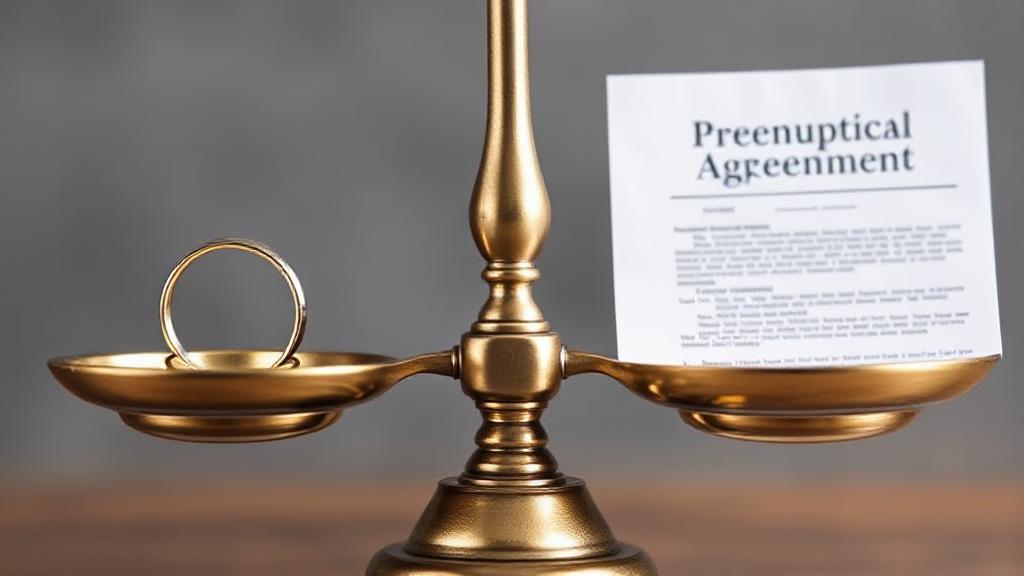What is a Prenuptial Agreement?
A prenuptial agreement, commonly known as a "prenup," is a legal contract entered into by couples before marriage. It outlines the division of assets, financial responsibilities, and property rights in the event of divorce or death.
For more detailed information, you can refer to this comprehensive guide on prenuptial agreements.
Pros of Signing a Prenuptial Agreement
Asset Protection
- Business owners
- Recipients of family wealth
- Those with significant retirement accounts
- Individuals with children from previous relationships
A prenup ensures these pre-marital assets remain separate property and protects individual wealth, business interests, and family inheritances.
Financial Clarity and Transparency
Creating a prenup requires open discussions about finances, encouraging transparency and trust between partners. It provides clear guidelines about financial expectations and responsibilities during marriage.
Debt Protection
A prenup can specify who is responsible for pre-existing debts, preventing one spouse from being liable for the other's financial obligations. This protection becomes crucial in states with community property laws.
Simplified Divorce Process
According to the National Center for Family Law, couples with prenups typically spend 50% less on divorce proceedings. The agreement can reduce conflict, legal fees, and emotional stress during separation.
Cons of Signing a Prenuptial Agreement
Emotional Impact and Perception of Distrust
The mere suggestion of a prenup can create tension, as some partners may view it as:
- A lack of trust
- Planning for failure
- Prioritizing money over love
Incomplete Protection
Prenups cannot address certain aspects of marriage, including:
- Child custody arrangements
- Child support obligations
- Personal matters unrelated to property or finances
Potential for Unfairness
If not carefully negotiated, a prenup can be one-sided, favoring one partner over the other. This can lead to feelings of resentment and inequality within the marriage.
"It's signed under duress, contains unfair provisions, or isn't properly executed according to state laws," explains family law attorney Sarah Johnson.
Cost and Legal Considerations
Creating a proper prenuptial agreement requires:
Important Considerations Before Signing
Timing
Experts recommend discussing and signing a prenup at least six months before the wedding to avoid claims of coercion or pressure.
Full Disclosure
Both parties must provide complete financial disclosure, including:
- Assets and their values
- Income sources
- Debts and liabilities
- Expected inheritances
Legal Representation
Each party should have independent legal counsel to ensure their interests are protected and the agreement meets all legal requirements.
Making the Decision
The choice to sign a prenuptial agreement is highly personal and depends on various factors:
- Individual financial situations
- Family obligations
- Business interests
- State laws
- Personal values and beliefs
For those considering a prenup, resources such as Nolo's guide to prenuptial agreements and the American Bar Association website can provide valuable insights and guidance. Remember that open communication about financial matters before marriage can strengthen relationships, whether or not you ultimately decide to sign a prenup.
